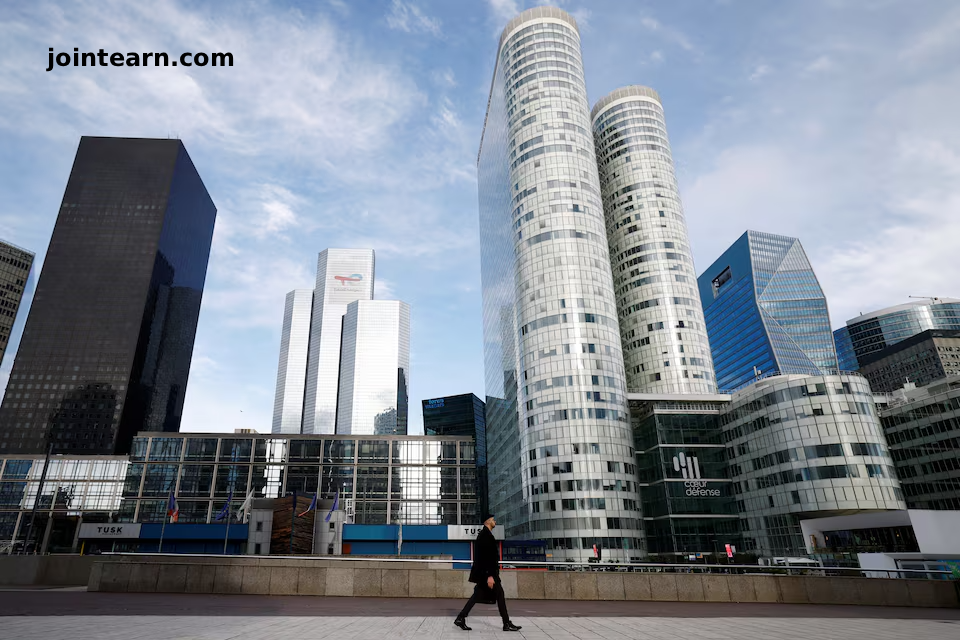
Paris – France’s business activity nearly stabilized in November, driven by unexpected growth in the services sector, which helped offset a sharper-than-anticipated decline in manufacturing output, according to a survey released on Friday. The data suggests that while the French economy faces ongoing challenges, there are emerging signs of resilience in key sectors.
The HCOB France flash Purchasing Managers’ Index (PMI) for the services sector came in at 50.8 points in November, marking the first time in 15 months that the index exceeded the 50-point threshold separating growth from contraction. This result significantly surpassed the Reuters poll forecast of 48.4 and the final October figure of 48.0.
Manufacturing Sector Remains Under Pressure
Conversely, the flash manufacturing PMI fell to 47.8 points, a nine-month low, from 48.8 in October, also below the Reuters forecast of 49.0 points. The decline indicates that the manufacturing sector continues to struggle amid weaker domestic demand and lingering cost pressures.
Despite these mixed signals, the flash composite PMI, which combines both services and manufacturing activity, rose to 49.9 points, a 15-month high, up from 47.7 in October and above expectations of 48.1 points.
“The French private sector shows signs of stabilisation in November after October’s moderate decline. The service sector is strengthening, but the manufacturing sector remains under pressure,” said Jonas Feldhusen, economist at Hamburg Commercial Bank.
Mixed Signals in Orders, Employment, and Business Confidence
New orders presented a mixed picture: services demand improved slightly, while manufacturing continued to weaken. Notably, new export business increased for the first time since February 2022, driven primarily by growth in manufacturing exports.
Employment declined across both sectors, marking the first drop since July, though business confidence showed a modest improvement, remaining below historical averages.
Cost pressures also intensified, with input price inflation accelerating due to rising metal prices and wage increases. Despite these higher costs, output charges remained unchanged, highlighting a lack of pricing power for businesses.
Economic Outlook
Feldhusen cautioned that “the foundation of this stabilisation remains on shaky ground,” citing unresolved budgetary issues and ongoing political tensions. Earlier this month, France’s central bank projected that the economy “will grow slightly in the fourth quarter,” noting that high political uncertainty continues to slow the pace of expansion.
Overall, the data suggests that while the French services sector is showing resilience, the broader economy faces challenges from manufacturing weakness, employment declines, and persistent cost pressures, leaving policymakers with limited room to stimulate growth further.


Leave a Reply